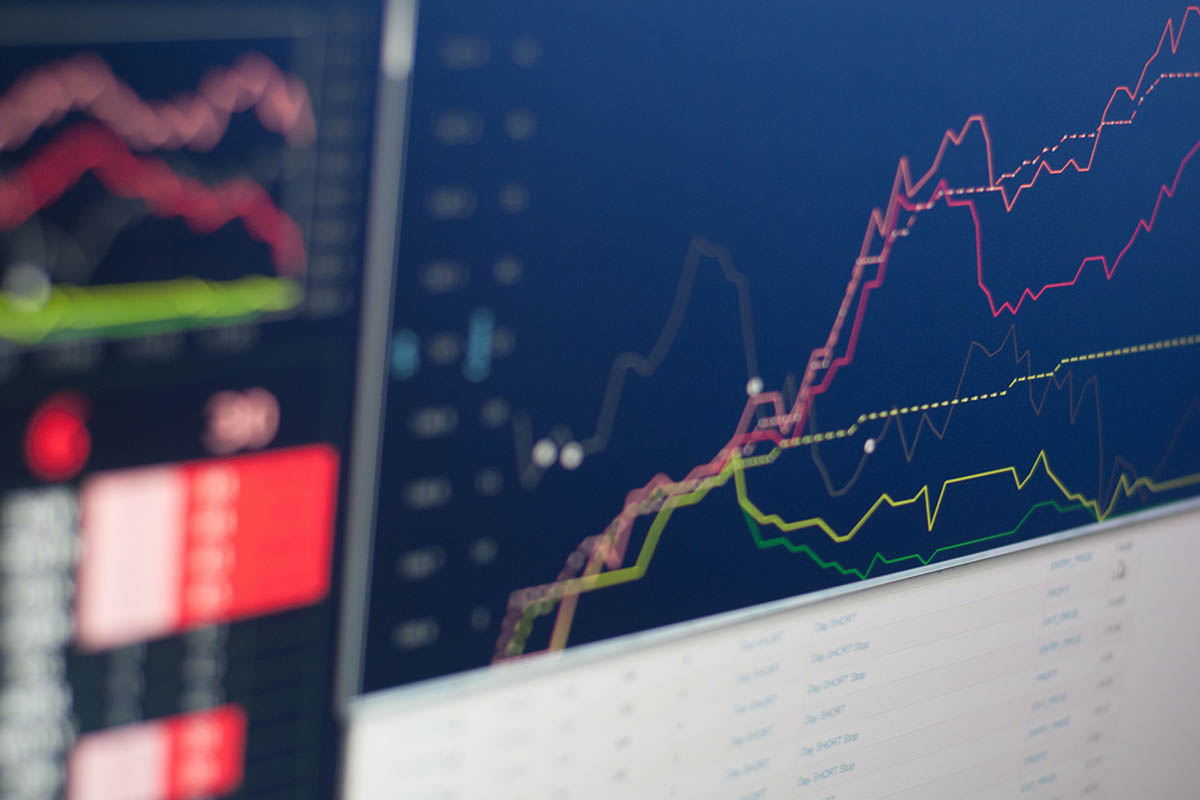In the fast-paced and dynamic world of trading, success hinges on having the right knowledge, tools, and mindset. Whether you are a beginner or an experienced trader, staying informed about the latest strategies, market trends, and best practices is essential for making informed decisions and maximizing your returns.
In this guide, we will explore the most useful information you should know about trading, including essential concepts such as fundamental and technical analysis, risk management and diversification, trading psychology and discipline, and the importance of continuous learning and adaptability. By mastering these key aspects, you will be better equipped to navigate the complex trading world and unlock its potential rewards.
The Most Useful Information You Should Know About Trading: Fundamental and Technical Analysis
Developing a strong understanding of both fundamental and technical analysis is crucial for successful trading. Fundamental analysis involves evaluating a company’s financial health, industry trends, and market conditions to determine its intrinsic value.
Technical analysis, on the other hand, focuses on the following:
- Historical price movements;
- Patterns;
- Trends to predict future price movements.
Combining these two approaches can help traders decide when to enter or exit a trade.
Risk Management and Diversification
Managing risk is essential in trading, as it can help minimize potential losses and maximize profits. Traders should establish:
- A proper risk-reward ratio;
- Set stop-loss and take-profit levels;
- Utilize position sizing to determine how much to invest in a particular trade.
Diversification, or investing in various assets, can also help reduce risk by spreading it across multiple investments. This can prevent significant losses if one investment performs poorly.
One of the ways to diversify a portfolio in places like Germany is through an index fund. Experts suggest that brokerage index funds in Germany can provide investors with a low-cost and diversified way to invest in a broad market segment. This can include securities such as stocks or bonds without buying individual securities.
Psychology and Discipline
Emotions can significantly impact trading decisions, leading to potential losses. To be successful, traders must develop strong psychological resilience and discipline. This involves sticking to a well-defined trading plan, avoiding impulsive decisions, and maintaining a long-term perspective. Developing a solid mindset can help traders:
- Stay objective;
- Navigate market fluctuations;
- Make better-informed decisions.
Continuous Learning and Adaptability
The financial markets are constantly evolving with new:
- Products;
- Strategies;
- Regulations.
To stay ahead in trading, engaging in continuous learning and adapting to changing market conditions is essential. This involves keeping up-to-date with the latest news, trends, and innovations in the industry and reviewing and refining one’s trading strategies and techniques. By staying informed and flexible, traders can better identify new opportunities and navigate the ever-changing landscape of the financial markets.
Use This Useful Information To Get Started With Trading
Trading can be a rewarding and fulfilling when approached with the right knowledge, mindset, and tools. As financial markets continue to evolve, staying informed and adaptable is crucial for navigating this ever-changing landscape. With dedication, persistence, and the right skill set, traders can unlock the vast potential of the trading world and achieve their financial goals.




















